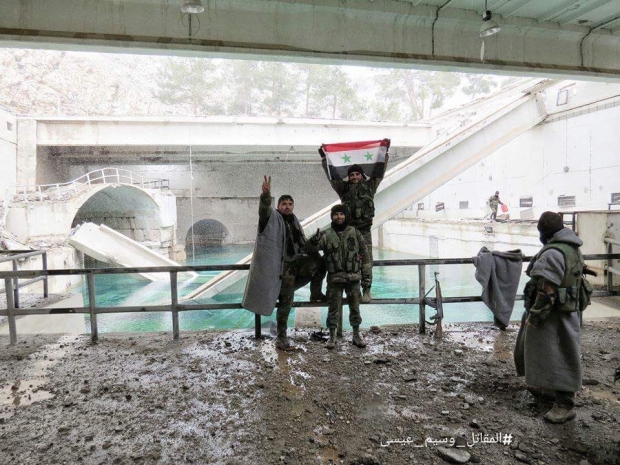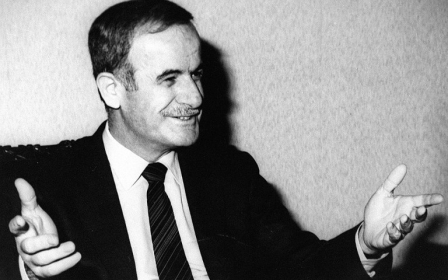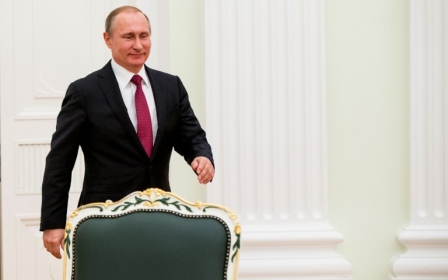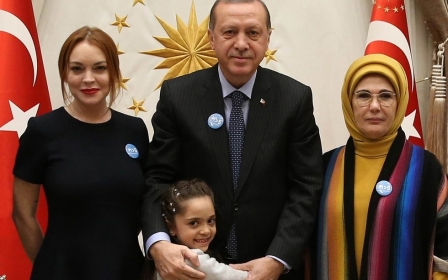Wadi Barada evacuation begins with Syrian rebels leaving for Idlib: Monitor
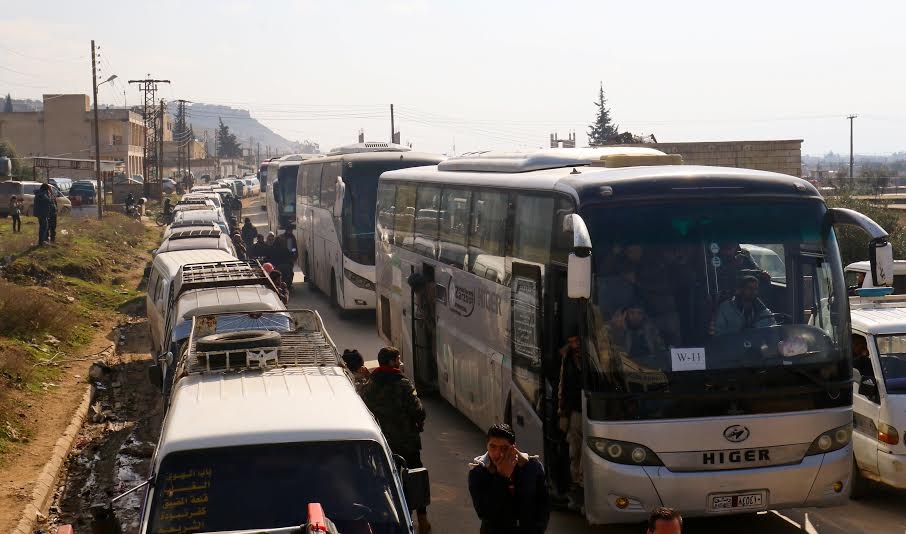
Hundreds of rebels began to leave Wada Barada on Sunday for Idlib after a deal struck with the Syrian government to evacuate the flashpoint area, according to a monitoring group.
Under a deal with the authorities, rebels can choose to stay in the area but hand over their weapons, or leave to the northern province of Idlib, the last major bastion of the armed opposition, said the Syrian Observatory for Human Rights.
The Syrian army said on Sunday that it had recaptured the area that supplies water to millions in the capital.
Wadi Barada had been the scene of fierce fighting in recent weeks between government and rebel forces that tested a fragile nationwide truce and left millions in Damascus facing water shortages.
"Our armed forces... have accomplished their mission by restoring security and stability in the region of Wadi Barada", the army said in a statement carried by state television.
The announcement came a day after the army entered the water pumping station in Wadi Barada for the first time in four years.
Pro-Assad forces have battled to regain control of the mountainous enclave and the water installation at Ain al-Fijeh since rebels overran the area before Christmas.
Damascus governor Alaa Ibrahim said on Sunday that repair work had begun at the plant, adding that while damage to the facility was "significant", he hoped mains water would resume to the capital "soon".
Earlier in January, residents agreed a truce with the Syrian authorities to allow maintenance teams into the area, but the deal was called off and violence flared after a chief mediator between the two sides was murdered.
Hundreds of thousands have been killed since Syria's conflict broke out in March 2011 with anti-government protests that were brutally repressed.
Many battlefronts have quietened since a nationwide ceasefire backed by Russia, which supportes President Assad, and opposition ally Turkey came into effect last month.
New MEE newsletter: Jerusalem Dispatch
Sign up to get the latest insights and analysis on Israel-Palestine, alongside Turkey Unpacked and other MEE newsletters
Middle East Eye delivers independent and unrivalled coverage and analysis of the Middle East, North Africa and beyond. To learn more about republishing this content and the associated fees, please fill out this form. More about MEE can be found here.


